|
We are excited to be able to teach two courses this fall, one through the University of Alberta Botanic Garden and one through Edmonton Public Schools Metro Continuing Education. The Metro course will include a coop tour. We hope to see you there!
Registration for the U of A course on September 14, 2017 is available through their website at this link. Registration for the Metro course on October 17, 2017 (coop tour October 21, 2017) is available through their website at this link.
0 Comments
We are pleased to be able to offer an additional Chickens 101 course on Saturday, May 27, 2017 at the John Janzen Nature Centre from 9:30 AM – 12:00 PM MDT. Registration is available through Eventbrite. We hope to see you there!
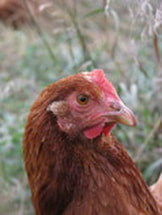 Once the snow finally melts it's time to think about spring cleaning. It sounds like a chore, but a thorough cleaning a couple of times a year will save you time in the long run, and help keep your birds happy and healthy. We've put together some ideas to get you started, but there are lots of other articles online. Do your research before you start, and consider your circumstances. For example, you may be using the deep litter method, or may be cleaning the coop in response to illness in your flock, in which case you may need to modify your cleaning procedures accordingly. With that in mind, here are some basics to think about. Pick a nice warm day where your hens can free range or move to an alternate enclosure for several hours or even longer. You don't want them around while you are cleaning, and you don't want to reintroduce them to the coop until it is safe to do so. Gather your cleaning supplies: garden fork or shovel; bucket and scrubbing brush; assorted rags for dusting; disinfectant of choice; wheelbarrow or garbage bags. You are going to get very dirty, so wear suitable clothing. Consider a dusk mask, as well, to protect your lungs. Remove the bedding from the coop. If you plan to compost, move the bedding to your compost site, adding any compost amendments necessary to establish a hot compost. You can read more about how to make this wonderful stuff here. Edmonton also has free composting information, including a composting help line. If composting is not an option, double bag the bedding and discard as per your garbage disposal regulations. Make sure you get all the bedding out of the corners. A good outdoor vacuum can come in handy. Remove any droppings that may have gotten stuck, for example on the roosts, walls or floor. Dust all surfaces and and ensure the coop is completely empty. Disconnect your electricity. Thoroughly wash the coop, including the walls, floor, roosts, ceiling, nest boxes and windows. Go behind any crevices that could harbour mites or other critters. Clean under any flooring you may have installed. Rinse the coop, and mop up any puddles. Consider whether any improvements are needed for your coop. For example, seal any drafts you may have noticed over the winter. Chickens need plenty of ventilation, but in the winter the coop must ventilate upwards, without any air blowing across the chickens. Consider whether any ventilation changes are in order to help keep your hens cool in summer and dry in winter. If you saw evidence of humidity in your coop over the winter you likely need more ventilation. Make any changes you think are necessary to your roost, nest boxes, predator-proofing and insulation (make sure your chickens can't eat your sealer or your insulation!) Once the coop is clean and ready, disinfect everything. You should be disinfecting water and food dishes on a regular basis, but this is your chance to get all the spots germs like to hide. Apply your disinfectant of choice according to the manufacturer's instructions. Follow all safety recommendations both for your sake and for the sake of your chickens. Make sure the coop is absolutely dry and that any fumes from your disinfection have dissipated. Keep in mind that the timing of this will depend on the disinfectant you use - don't reintroduce your chickens until it is safe to do so. Once the recommended time has passed, add back your bedding, and, finally, the hens. River City Chickens Collective is pleased to be teaching another Chickens 101 course through the Devonian Botanic Garden on Monday, April 3, 2017 from 7 to 9 p.m.. Registration is available through the DBG's website. We hope to see you there!
River City Chickens is excited to teach another Chickens 101 course, scheduled for Thursday, Sept 15, 7-9 pm, offered through the Devonian Botanic Garden.
Urban chicken-keeping demystified. Topics include: • Coop design and requirements • Feeding and care • Winter needs and concerns • Breed selection, buying hens, and flock introductions • Predator and vermin prevention • Waste management • Disease recognition and control • End of life options • Biosecurity ...and many other tips and resources for keeping hens in the Edmonton region. 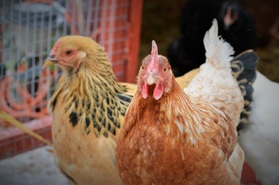 River City Chickens presents "Chickens 101", an informative workshop for anyone interested in keeping backyard hens. Sunday 24th April @10am, at the Stanley A. Milner Library, tickets available through Eventbrite. Topics include: • Municipal, Provincial and Federal requirements • Coop design and requirements • Feeding and care • Winter needs and concerns • Breed selection, buying hens, and flock introductions • Predator and vermin prevention • Waste management • Disease recognition and control • End of life options • Biosecurity and many other tips and resources for keeping hens in Edmonton. There will be plenty of time included for questions, discussion and meeting other chicken enthusiasts! A certificate of participation will be provided. The City of Edmonton has advised that this is acceptable as proof of training when applying for a City of Edmonton urban hens licence. The City's website advises that "The data gathered from the pilot will be presented to City Council on March 7, 2016 as part of a report to the Community Services Committee on the issues and implications of permitting urban hens. "
Hi chicken enthusiasts! It's time we had another get-together! Whether you've been involved in the pilot project or are just interested in hearing about the experiences of those who have, join us for a drink and chat.
Meet us on Saturday, February 6, 2016 at Brewsters Brewing Company & Restaurant - Century Park, 2335 111th Street, Edmonton, AB, Edmonton, Alberta T6J 5E5. 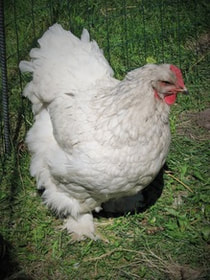 Join us for another Chickens 101, offered through the Devonian Botanic Garden, Thursday, February 4, 2016, from 6:30 pm to 8:00 pm. Urban chicken-keeping demystified. Topics include: coop design, breed selection, feeding and care, chicken health, biosecurity and many other tips and resources for keeping hens in the Edmonton region. Registration is through the Devonian Botanic Garden: $25.00. Welcome to a further edition of our tour of some of the coops participating in Edmonton's Urban Hens Pilot Project. This is a smaller coop, built entirely of repurposed material, and yet sound and comfortable for the hens. The owner built it next to his garage for added protection in the winter, and under a tree for shade in the summer. The owner elected to start with older laying hens for the pilot project. At the time of the photo tour, each hen was approximately three years old, yet between them they produced several eggs each week. In addition, they provide great outdoor entertainment for the owner's daughter, and supply droppings that can be composted and used in the garden. In winter, the owner monitored the temperature and, during the coldest weather, used a single bulb for added heat. Features of the coop include a bird feeder and nipple-style waterer, both of which make minimal mess, and a naturalistic roost. The owner used wood shavings in the coop and gravel in the run, both of which were dry and clean The girls come outside from time to time to do a little backyard inspection and some freestyle gardening. Participating in the Pilot Project has been a great experience for the owner and, he believes, for his neighbours as well. He hopes that at the end of the Pilot Project Edmonton will decide to allow hens on a more permanent basis.
Welcome to a new entry in our photo tour of coops participating in Edmonton's Urban Hens Pilot Project. This coop is located in a mature neighbourhood in south Edmonton. The owners built a lovely, comfortable home for their hens. The coop is located on a cement pad behind their house and features both a nesting and roosting area and a covered run, which the hens really appreciated in the winter. Plenty of windows help with lighting and ventilation. The owners added a lovely, shaded run at the back of the coop. They are using chain link fencing topped with wire netting to keep out predators. They are trying landscaping mulch as a substrate in the run, with good results so far. The hens access the coop through a "pop hole" equipped with an automatic door opener (shown from inside the coop). The inside of the coop has a number of features which with the owners are particularly pleased. The roost is broad, which helps the hens to cover their toes in winter, preventing frostbite. A tray underneath the roost is filled with stall dry, which makes for easy clean up. Chickens make a lot of droppings when they roost, and having this special tray, which the owners can easily access through a side door, keeps chore time to a minimum. The nest boxes are plastic, which makes them easy to clean and disinfect. The feed dispenser is raised off the floor, resulting in fewer spills. The owners say the hens have been a welcome addition to their yard and family. They have received positive feedback from their neighbours, especially one who is an avid gardener and who appreciates the occasional gift of compost. They hope that at the conclusion of the pilot project Edmonton's City Council will decide to change the bylaw.
Welcome to the fourth installment of our photo tour of coops in Edmonton's Urban Hens Pilot project. Today's coop is from a busy neighbourhood in south-west Edmonton. The owners are first-time hen owners, raising a bantam cochin, a cochin, a brahma and an isa brown. The owners have made a coop suitable for all weather. The run is protected from wind and snow by removable siding and clear plastic. A heavy carpet was added during a windy spell to protect an otherwise sheltered area. Inside, the coop is well-insulated. The floor is deeply covered with soft shavings and straw, and the roost is broad, with sanded edges to keep the chickens comfortable and to help them spread out their feet to keep them warm. The owners added soffits all around the top for ventilation, and a glass block used for a window can be removed. The owners are really enjoying their experience with the pilot project:
The experience of owning hens has been incredibly rewarding. Of course the eggs are delicious, which we expected, but I really did not know how engaging and entertaining hens are. Keeping hens really takes very little time, but we find ourselves out there with them in the yard just because they are fun and interesting to watch, even in the dead of winter. They all have different personalities and that part has been a joy to discover. I have also been delighted with the positive response from my neighbours. Some did not realize we had them until a month had passed by and we mentioned it, they really are very quiet! They also are doing a fine job of taking care of our kitchen scraps for us, and the treats delight them. All in all, an amazing experience. This post is the second in our series featuring coops from Edmonton's Urban Hens Pilot Project. Today's coop is located in the Terwillegar area of the city, a family-friendly, close-knit neighbourhood. It is sized for six hens, but is currently home to only four. The owner has chosen Chantecler and Wyandotte breeds, both of which are a heavier, heritage breed that can tolerate cool temperatures. The owner designed the coop specifically with Edmonton's winters in mind, but as you can see, aesthetic appeal played a role as well. The coop temperature is monitored remotely, which helps the owner assess conditions in the coop even on the coldest of nights. A CFL bulb is used to extend daylight, but with minimal adjustments this arrangement could serve as a simple heat source through conversion of the CFL bulb to incandescent. Water is kept fresh and easy to access in a bucket equipped with an aquarium heater and a nipple watering system. A window on the side, covered with hardware cloth for safety, can be either opened or shut tight as needed. The nest box is internal to help keep it warm but is easily accessed by a sliding door on the outside. The "pop hole" can be closed at night from outside the coop, which helps preserve heat on cold nights. The coop is fully insulated with 1.5 inch foam insulation, lined with coroplast. The liner prevents the hens from pecking at the insulation and is easy to wipe clean. The coop is ventilated by an opening in the ceiling, 5 feet long and 6 inches wide, underneath the raised roof. Ventilation is critical in cold weather. Cold-hardy breeds can withstand cool temperatures, so long as they are not exposed to drafts or humidity. By adding ventilation in the ceiling, the owner hopes to ensure that her girls have plenty of fresh air but are still free from drafts. The coop is surrounded by hardware cloth, and could be wrapped with plastic if desired to keep snow out of the run. Double doors in the back make for easy cleaning, and a large door on the side makes for easy access to the hens.
With Christmas lights up, this coop is all set for the season! Now that the Edmonton Urban Hens Pilot Project is underway, we wanted to take the opportunity to show you what an Edmonton chicken coop can look like! Our first coop is in Grandview, an older, upscale area of the city. The owner grew up on a farm and has had quite a bit of experience raising birds. The coop has space in the coop and run for 7 birds, according to Edmonton's pilot project guidelines. The coop is fully insulated, with a south-facing window to increase heat in winter. There is ventilation at the rafters, and the window can be opened in hot weather. The run is fully covered, with clear roofing for light in winter, and nearby trees for shade in summer. Below you see the wooden nest boxes and the roost, with a rounded top for comfort. For security, there is hardware cloth enclosing the roofed run, top to bottom.
The door is solid and draft-free, and apparently hooked up to a state-of-the-art security system. But the girls still come out to play from time to time! At our Chickens 101, a local veterinarian spoke about steps for keeping hens healthy. Here is a little more information about a condition that hens can sometimes get.
ILT or Infectious Laryngotracheitis is a provincially reportable disease. The disease is caused by a herpes virus and results in upper respiratory signs. More information on the disease can be found here: http://www1.agric.gov.ab.ca/$department/deptdocs.nsf/all/agdex2216 The recommended vaccine for ILT is of tissue culture origin and is available through a poultry services company in Airdrie via your veterinarian. The decision whether to vaccinate or not should be made in consultation with your veterinarian and will depend on a number of factors including whether you will be showing/travelling with your birds, how many people will be exposed to your birds etc.. We've posted a (non-exhaustive) list of resources for the use of participants in Edmonton's Urban Hens Pilot Project. Other resources we should add? Let us know! (updated to add list of vets interested in looking after chickens!)
In anticipation of the Urban Hens Pilot Project, River City Chickens presents "Chickens 101", a workshop for anyone interested in keeping chickens in Edmonton! Sun Oct 5 at 2:00pm at the Edmonton Strathcona Library, 8331 104 St NW Edmonton, Alberta.
Topics will include: Coop design Breed selection Feeding and care Chicken health Biosecurity ...and many other tips and resources for keeping hens in Edmonton. There will be plenty of time included for questions, discussion, and meeting other chicken enthusiasts! Tickets through Eventbrite, Cost: $ The City has made the application form available here. The City says there are a limited number of spots available, and that if you would like to participate you should send your application form right away.
On August 18, 2014, Edmonton's Community Services Committee approved City administration's report on a on a possible urban hen pilot project for residential properties within the City of Edmonton. We are excited about this opportunity to help dispel some of the myths about urban chickens, and we hope to share more details as they become available.
A report published on the City's website for the July 7, 2014 Community Services Committee meeting says "This is the first of two reports outlining a proposed urban pilot project. A second report outlining a pilot on the keeping of hens is anticipated to come forward to Community Services Committee on August 18, 2014."
|
Archives
January 2024
Categories
|
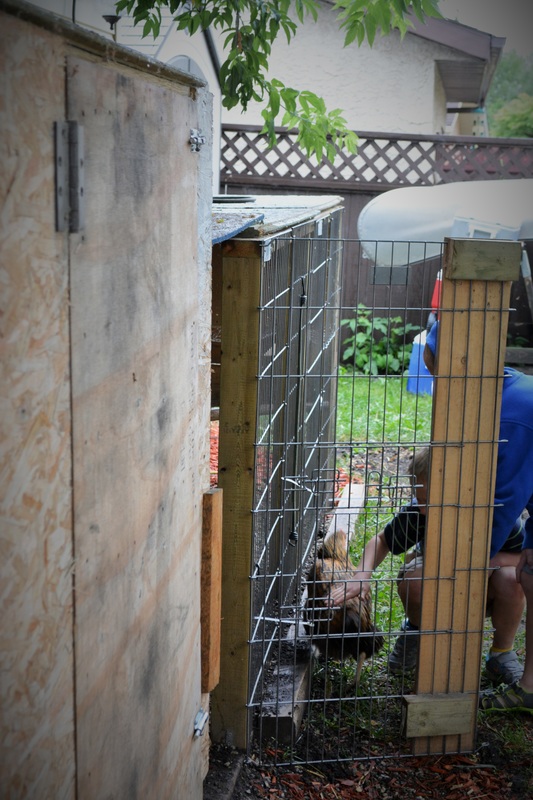
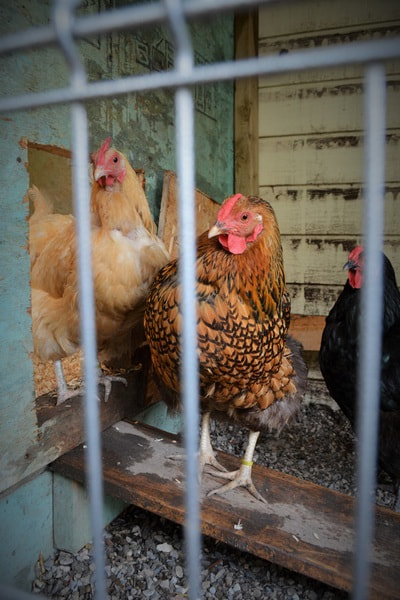
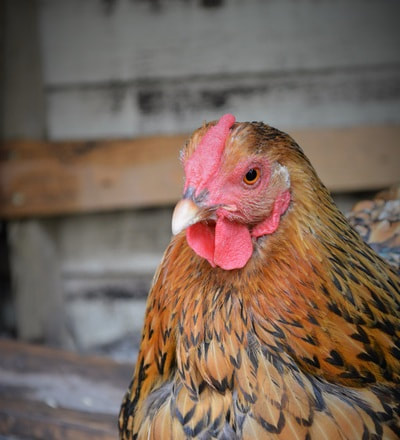
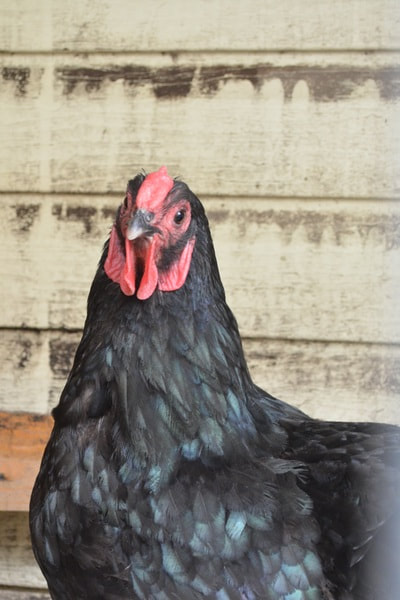
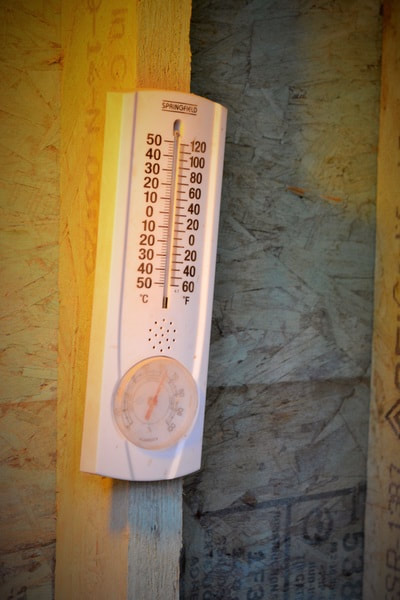
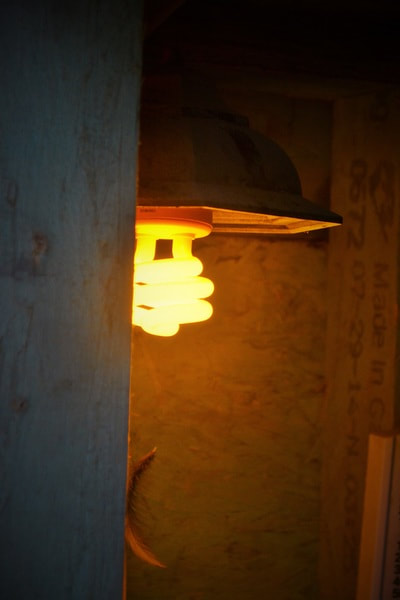
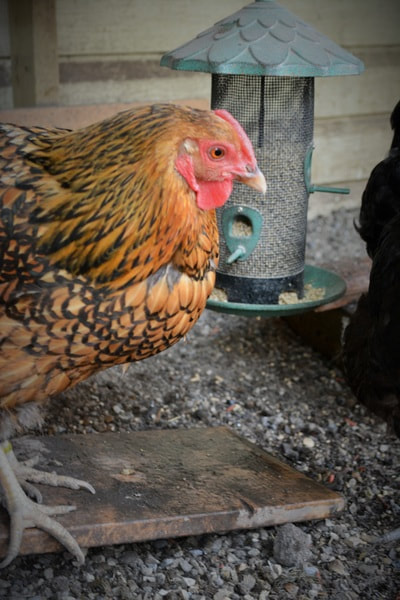
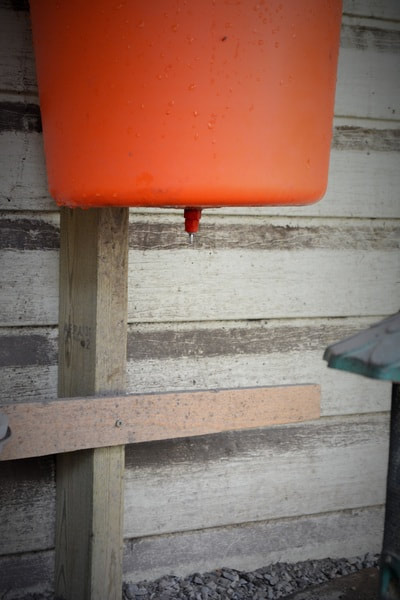
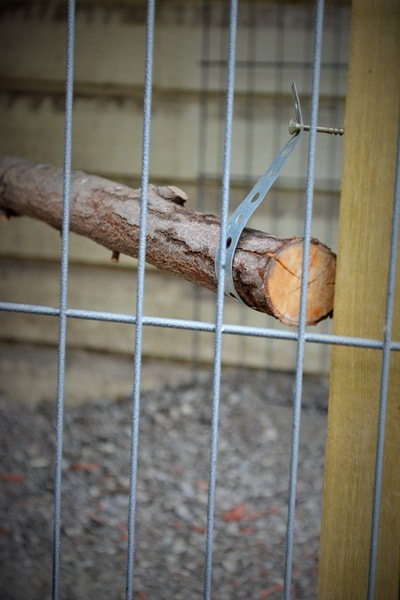
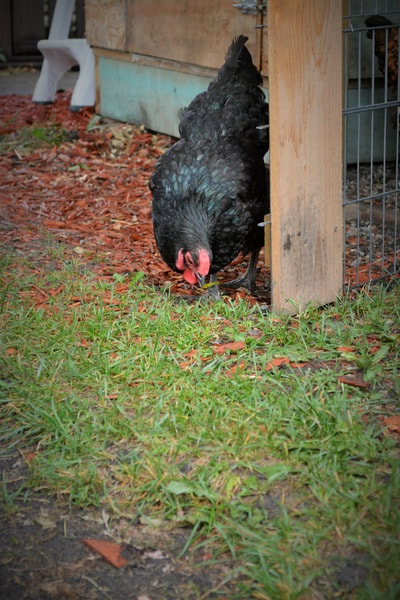
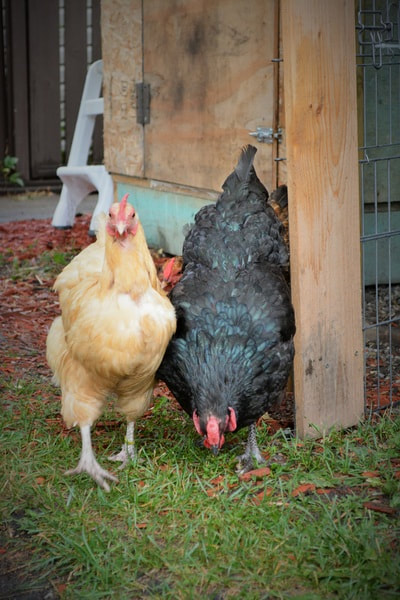
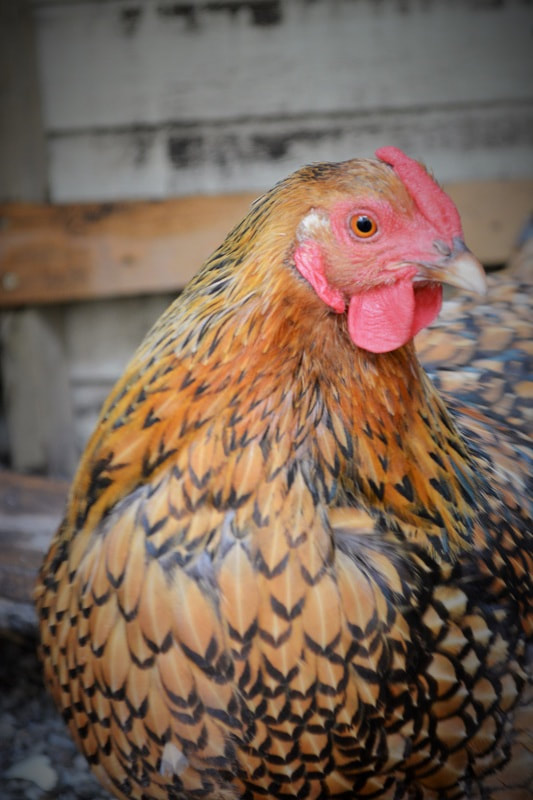
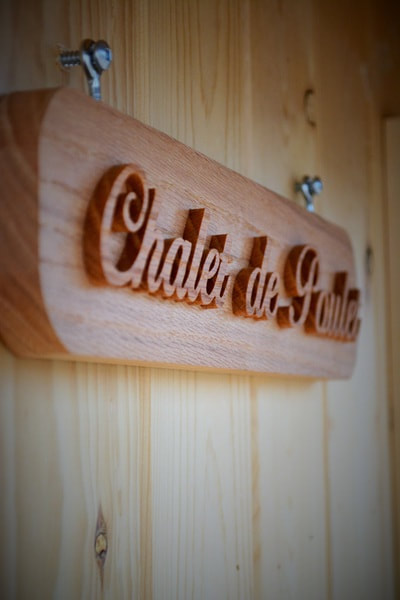
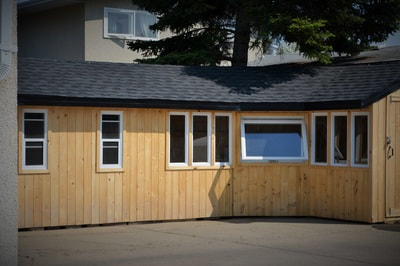
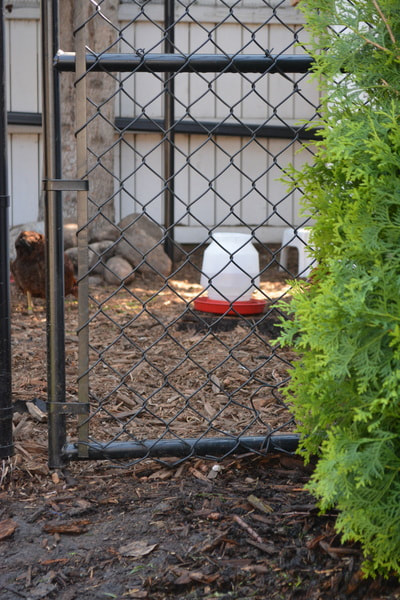
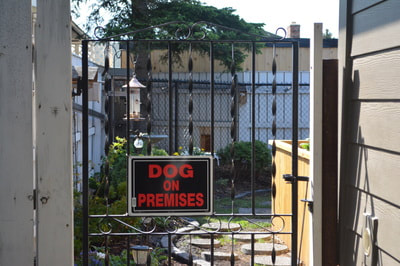
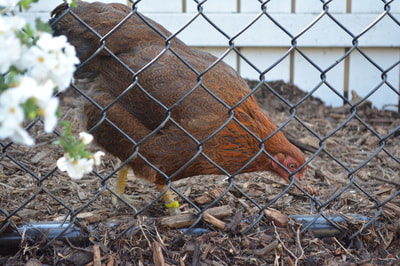
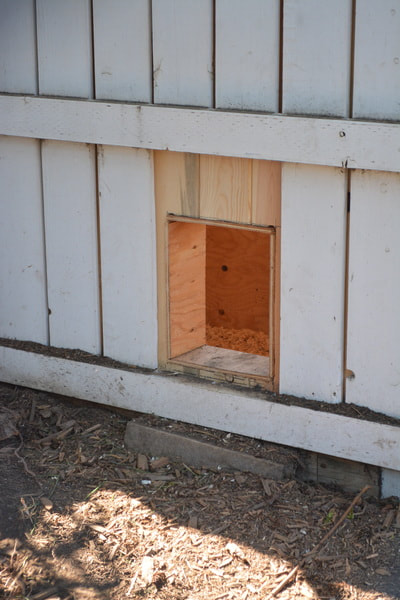
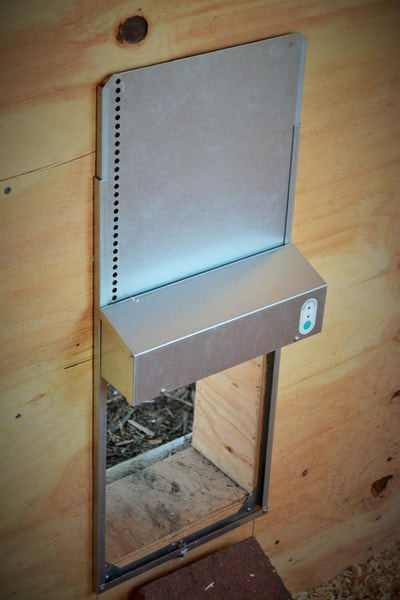
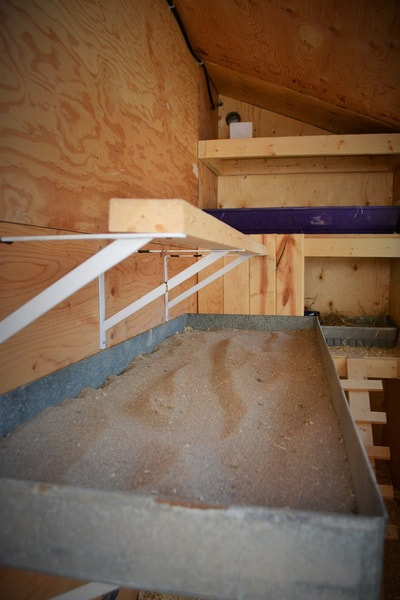
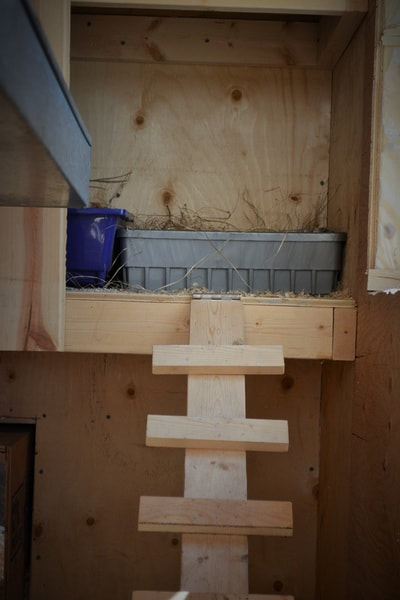
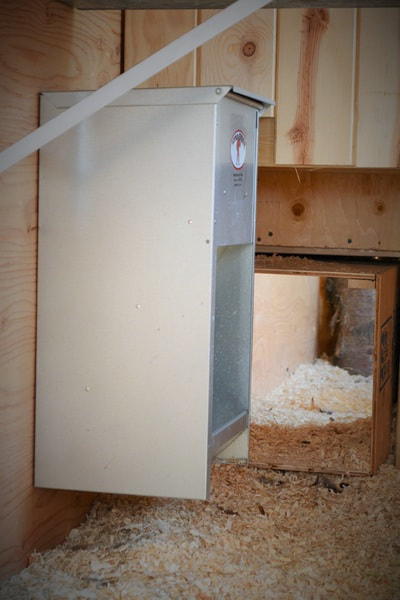
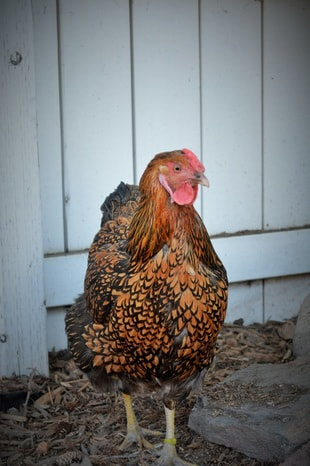
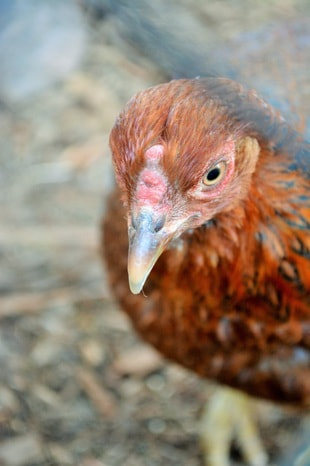
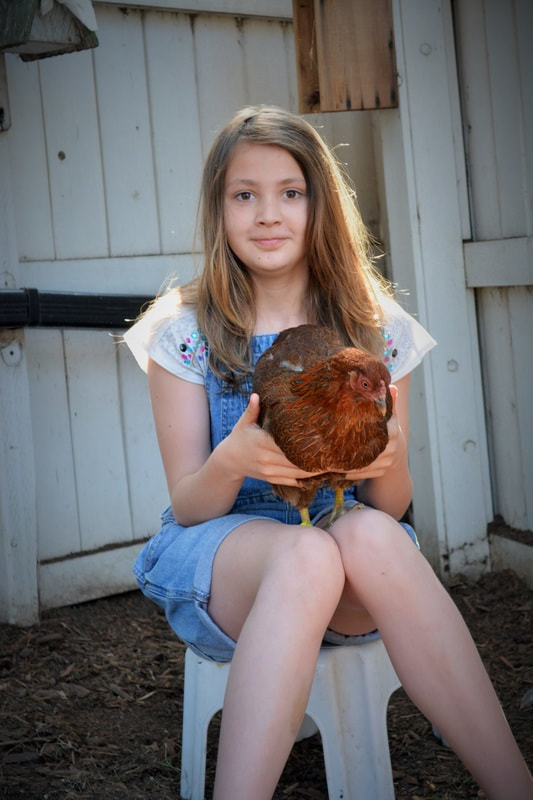
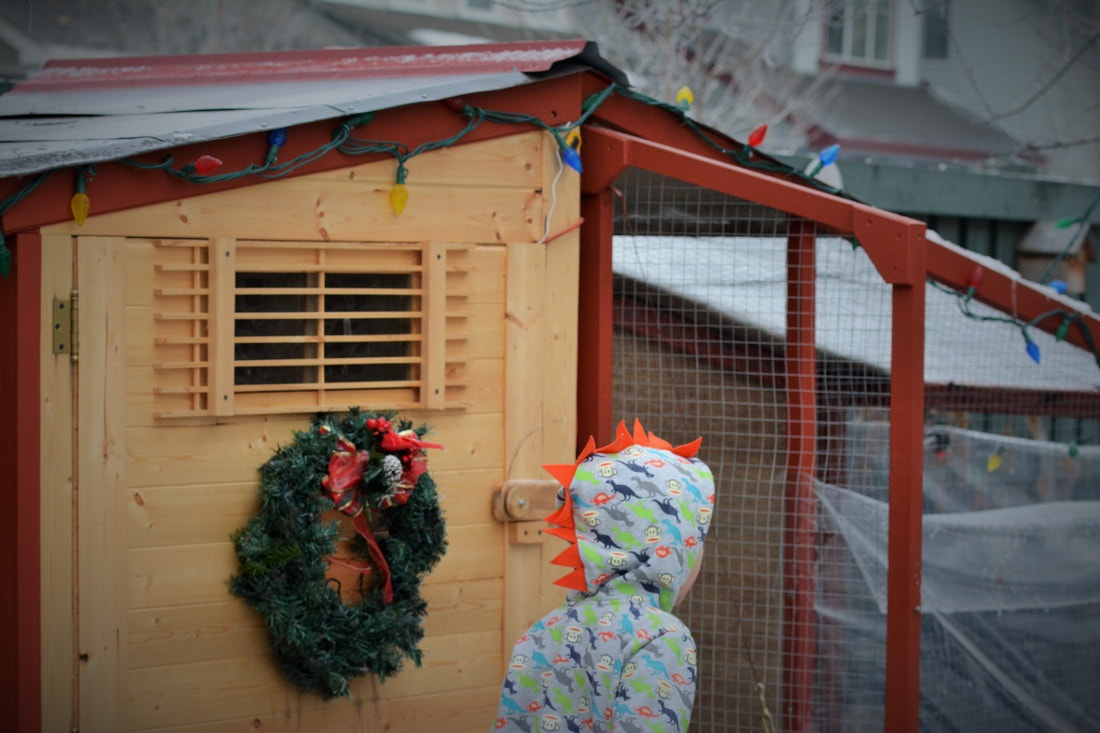
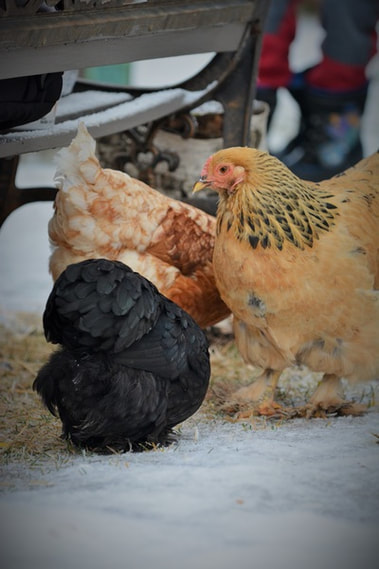
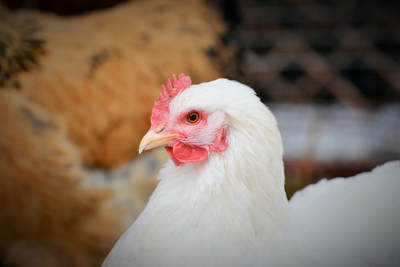
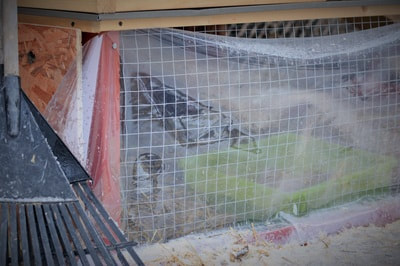
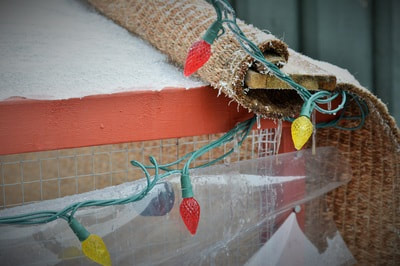
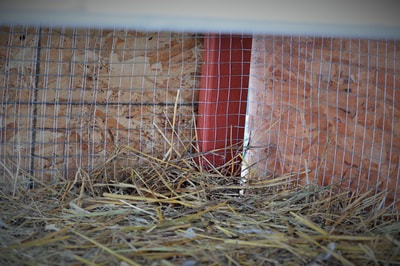
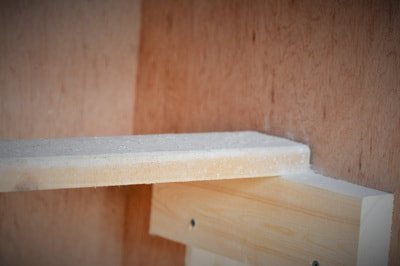
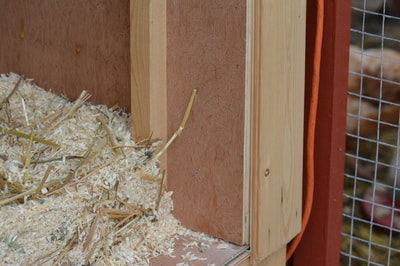
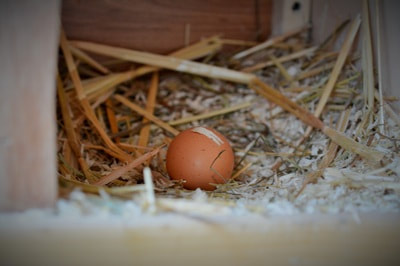
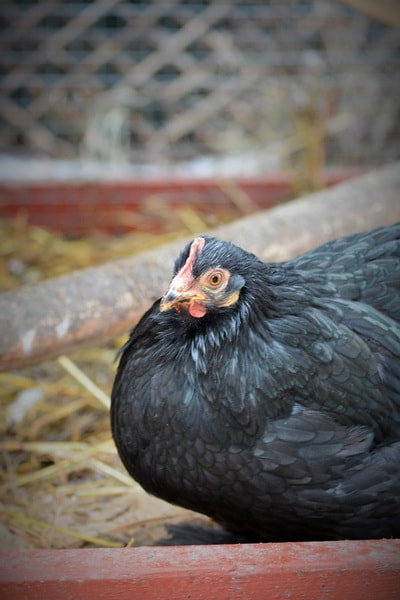
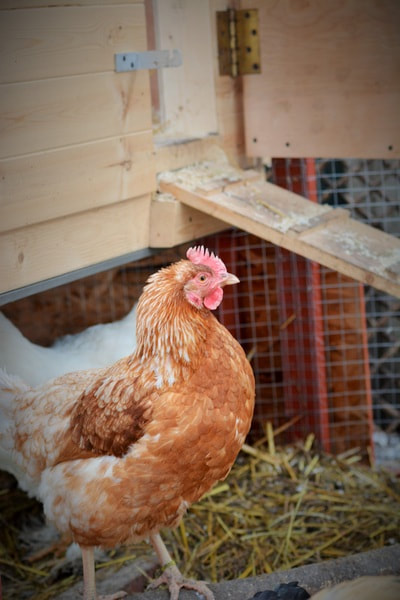
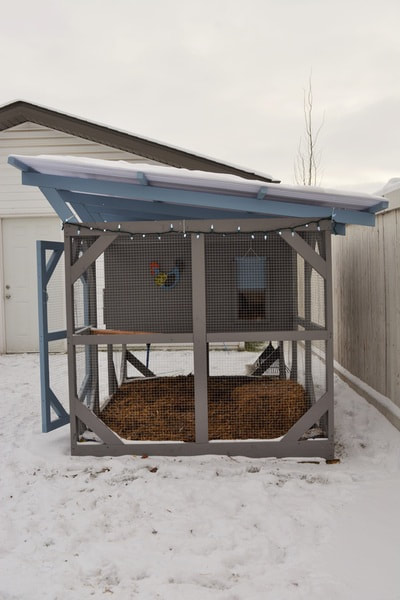
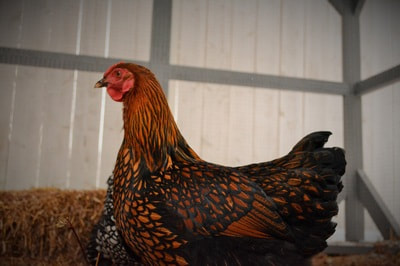
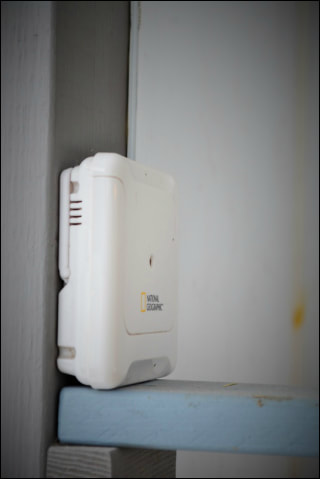
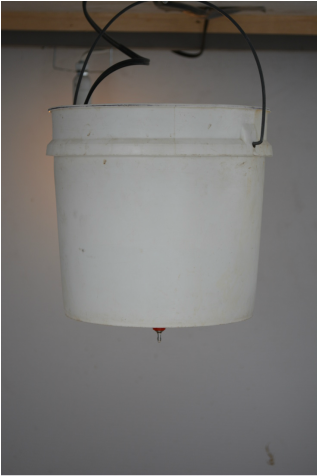
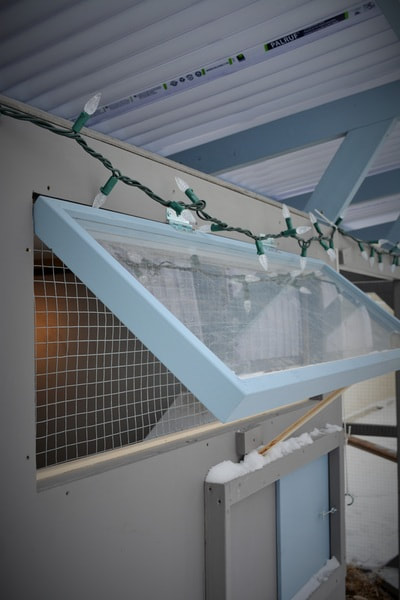
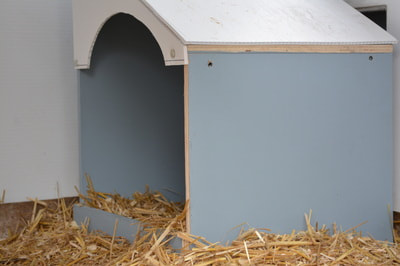
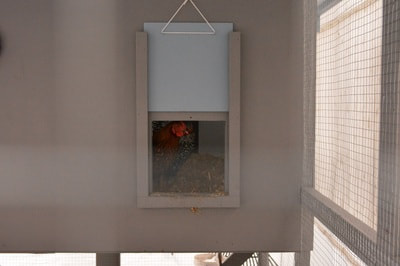
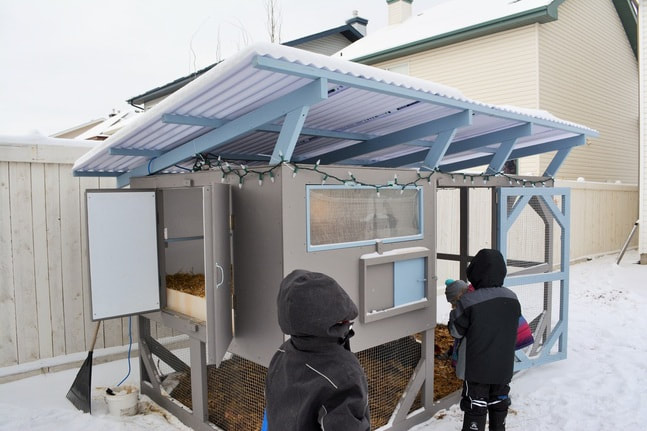
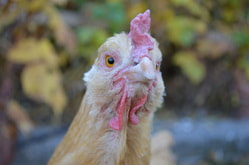
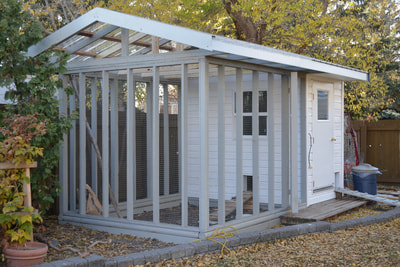
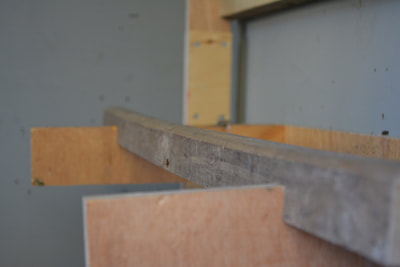
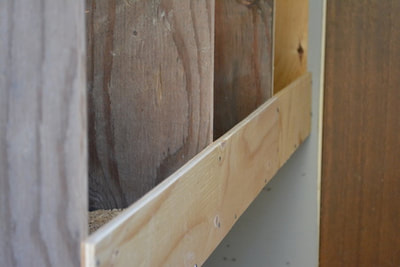
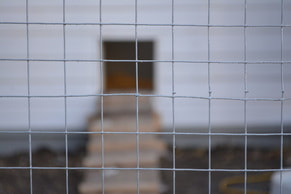
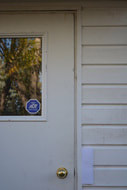
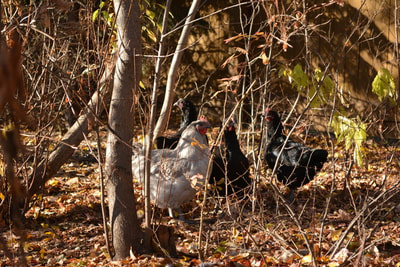
 RSS Feed
RSS Feed